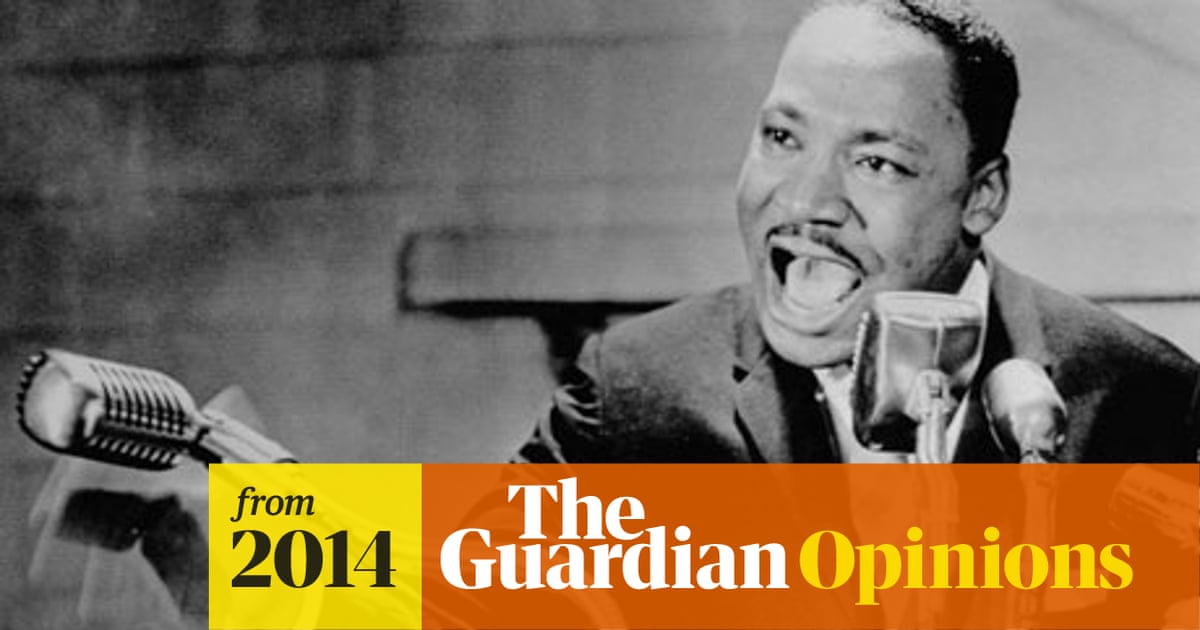After his house was firebombed MLK applied for a concealed carry permit. This happened in Montgomery, AL., during protests for the infamous Bus Boycott of 1955-56. And just to remind some in our audience, during the segregation days of the South a black woman named Rosa Parks sat in the white section of a bus (at that time was against the laws of Alabama State).
When Miss Parks refused to move she was promptly arrested and jailed for almost a week! Decades later Miss Parks said in an interview: All I was doing was trying to get home from work.
The TV broadcasts of the boycott brought Miss Parks, MLK and others national headlines. As a result journalists and other civil rights groups met with MLK at his house. These included members of pacifist black groups who had joined the protests.
They noticed the many guns lying around MLKs house and, as the story goes, some members stayed up all night debating with MLK, trying to convince him that armed self-defense would damage rather than help their mutual cause.
According to the Guardian “it was not long before King had come around to the position advocated” by those groups. And from that time on MLK adopted a policy of nonviolence not just when it came to protests but as a "way of life." He even maintained his resolve under conditions that would make others falter.
For example, years later, when King was addressing a convention, a member of the American Nazi Party jumped onto the stage and hit him in the face. The article says that “King responded with a level of courage that made a lifelong impression on many of those in the audience." One of them was the noted educator and activist Septima Clark [called the "Grandmother" of the Civil Rights Movement]. According to Miss Clark King dropped his hands like a newborn baby and spoke calmly to his white supremacist attacker. King made no effort to protect himself even as he was knocked backwards by further blows, and later even insisted that he would not press charges.”

 www.theguardian.com
www.theguardian.com
When Miss Parks refused to move she was promptly arrested and jailed for almost a week! Decades later Miss Parks said in an interview: All I was doing was trying to get home from work.
The TV broadcasts of the boycott brought Miss Parks, MLK and others national headlines. As a result journalists and other civil rights groups met with MLK at his house. These included members of pacifist black groups who had joined the protests.
They noticed the many guns lying around MLKs house and, as the story goes, some members stayed up all night debating with MLK, trying to convince him that armed self-defense would damage rather than help their mutual cause.
According to the Guardian “it was not long before King had come around to the position advocated” by those groups. And from that time on MLK adopted a policy of nonviolence not just when it came to protests but as a "way of life." He even maintained his resolve under conditions that would make others falter.
For example, years later, when King was addressing a convention, a member of the American Nazi Party jumped onto the stage and hit him in the face. The article says that “King responded with a level of courage that made a lifelong impression on many of those in the audience." One of them was the noted educator and activist Septima Clark [called the "Grandmother" of the Civil Rights Movement]. According to Miss Clark King dropped his hands like a newborn baby and spoke calmly to his white supremacist attacker. King made no effort to protect himself even as he was knocked backwards by further blows, and later even insisted that he would not press charges.”

When Martin Luther King gave up his guns | Mark Engler and Paul Engler
Mark Engler and Paul Engler for Waging Nonviolence: King became an icon of pacifism, but he also believed in confrontational direct action
